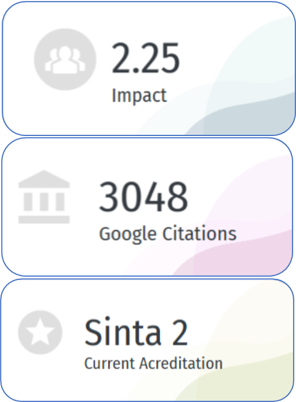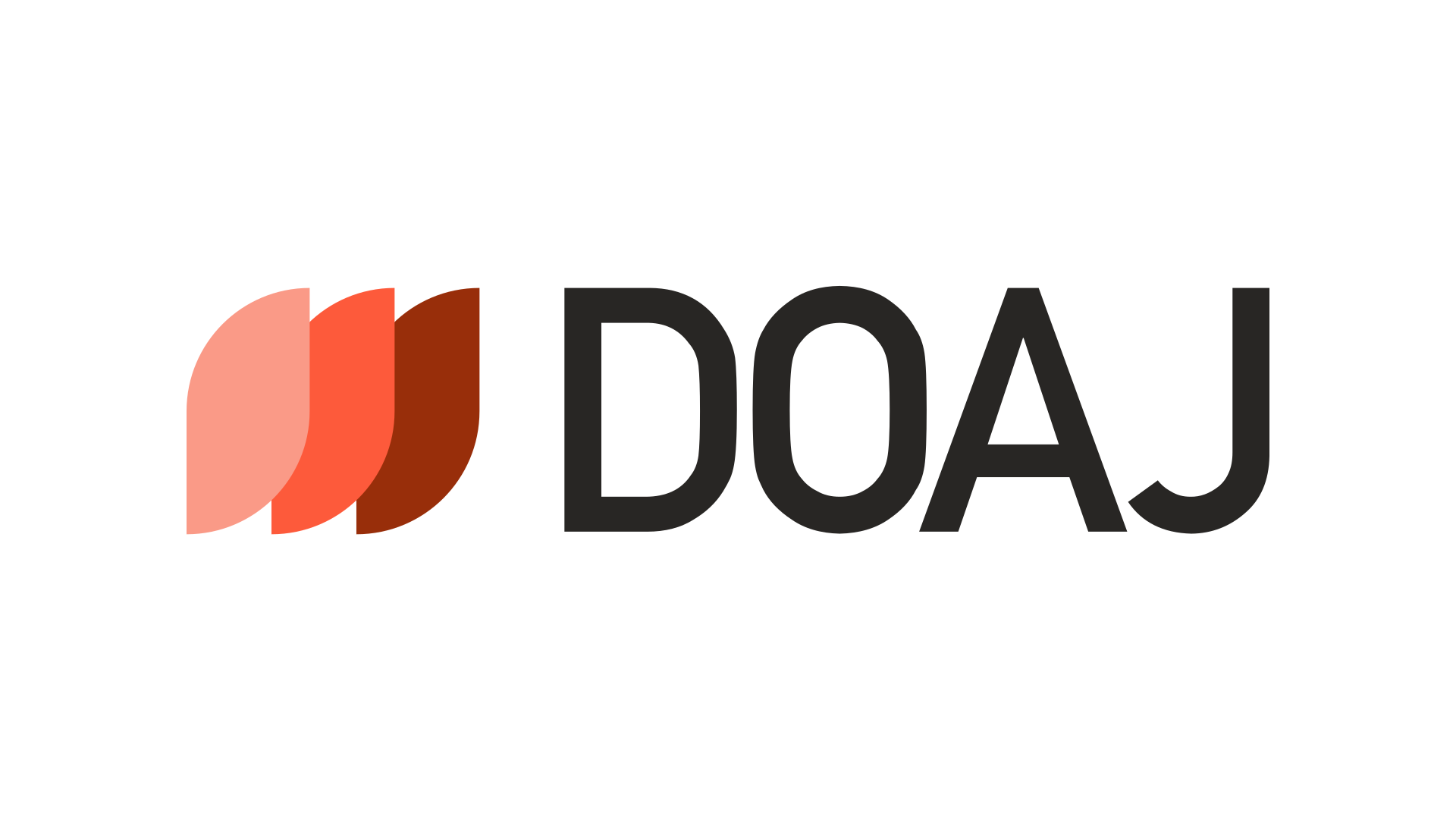From Bureaucracy to Expertise: Empowering Knowledge Workers in Public Service (The Case of the Directorate General of Customs and Excise)
DOI:
https://doi.org/10.24258/jba.v21i1.1530Abstract
The Directorate General of Customs and Excise (DGCE) is undergoing a transformative process aligned with bureaucratic reform objectives to achieve worldclass status. This transition involves a shift from structural to functional roles, focusing on prioritizing expertise and skills. In this evolving environment, functional officers are increasingly recognized as akin to knowledge workers, highlighting the need for strategic HR approaches to maximize their knowledge as a core asset. This study examines the impact of approaches that enhance knowledge worker productivity (KWP) on functional officers by promoting personal knowledge management (PKM) through idiosyncratic job design reflected in dimensions, such as job definition, job autonomy, innovation as a job requirement, and lifelong learning orientation. Data was gathered from 249 functional officers at the DGCE through Google Forms. The Structural Equation Modeling method, employing a Partial Least Square, was utilized for data analysis. The findings reveal several vital insights: job definition and lifelong learning orientation emerge as significant positive drivers of PKM. While job autonomy exhibits a positive effect, it is not
statistically significant. Interestingly, innovation as a job requirement demonstrates a non-significant negative impact. Moreover, the study underscores the significant and positive influence of PKM on KWP. Based on these findings, the study recommends an organizational redefinition of functional officer productivity, providing organizational support to foster an environment conducive to PKM. Additionally, it recommends clarifying the scope of functional officer responsibilities and authorities, alongside optimizing the role of direct supervisors as
facilitators, bridging the gap between the organization and functional officers
Downloads
Downloads
Published
How to Cite
Issue
Section
License
Policy for Journals That Offer Open Access
Authors who publish with this journal agree to the following terms:
- Authors retain copyright and grant the journal right of first publication with the work simultaneously licensed under a Creative Commons Attribution-NonCommercial-ShareAlike 4.0 International License that allows others to share the work with an acknowledgement of the work's authorship and initial publication in this journal.
- Authors are able to enter into separate, additional contractual arrangements for the non-exclusive distribution of the journal's published version of the work (e.g., post it to an institutional repository or publish it in a book), with an acknowledgement of its initial publication in this journal.
- Authors are permitted and encouraged to post their work online (e.g., in institutional repositories or on their website) prior to and during the submission process, as it can lead to productive exchanges, as well as earlier and greater citation of published work (See The Effect of Open Access).
























